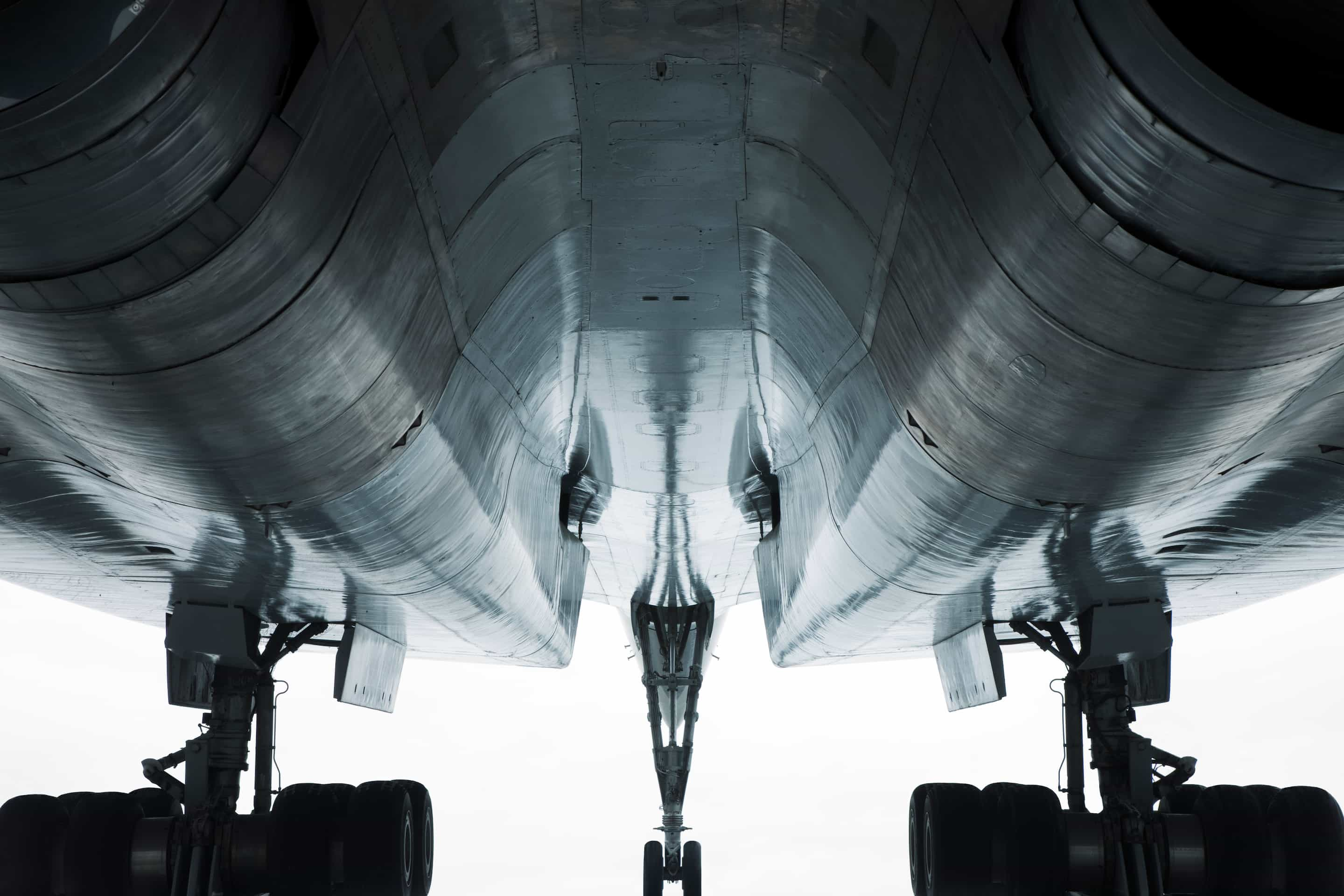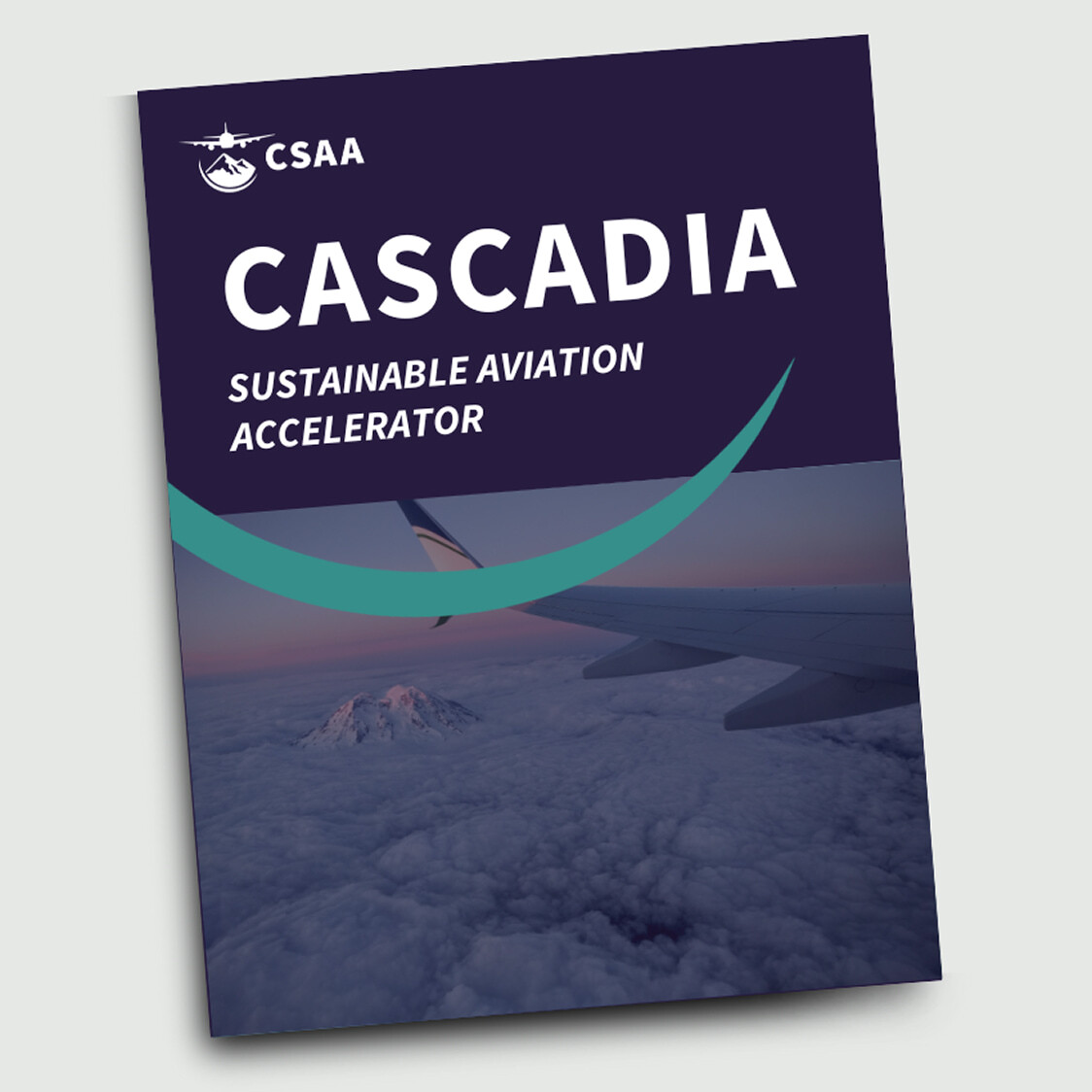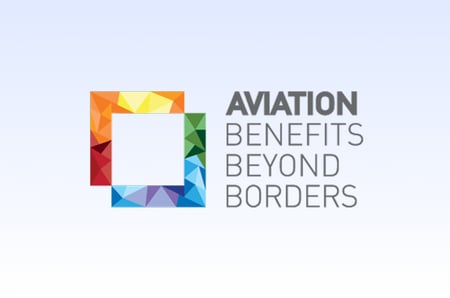
The state of aviation
Airlines around the world recognize the urgent need to decarbonize and the importance of SAF in this transition. Governments and airlines alike have already committed to integrating significant amounts of SAF into their fuel mix by 2030.
Yet despite strong pledges, growth in SAF remains disappointingly slow – in 2024, SAF accounted for less than 1% of global jet fuel production.

SAF is the only commercially viable solution to decarbonize aviation.
When it comes to emissions reduction, we are in a race against time. While promising, electrification and hydrogen aircraft technologies are still decades away from wide-scale deployment. Meanwhile, 40,000+ new aircraft are expected to enter service over the next 20 years – each requiring liquid fuels to operate.
As a drop-in fuel solution, SAF remains the most immediate, scalable pathway to reducing aviation emissions:
- SAF is compatible with today's fuel infrastructure
- Feedstocks like used cooking oils, woody biomass, and others are already available at scale.
- No engine redesign required
Benefits of SAF
SAF isn’t just about decarbonization. It also drives economic growth and energy resilience across the Cascadia region.

Emissions mitigation
SAF reduces lifecycle CO2 emissions by over 80%. It also cuts non-CO2 emissions, which have 1-3X the warming impact of CO2.

Air quality improvement
SAF cuts particulate matter, soot, and NOx by 20-70% – a major health benefit for communities near airports.

Local economic impact
Locally produced SAF generates regional prosperity and supports a circular economy.

Multi-modal use cases
Refineries producing SAF can also generate renewable diesel – vital for trucking, maritime, and other heavy-duty transport.

Regional energy security
SAF insulates the region from global fossil fuel volatility, supporting local energy independence and resilience.

Emissions mitigation
SAF reduces lifecycle CO2 emissions by over 80%. It also cuts non-CO2 emissions, which have 1-3X the warming impact of CO2.

Air quality improvement
SAF cuts particulate matter, soot, and NOx by 20-70% – a major health benefit for communities near airports.

Local economic impact
Locally produced SAF generates regional prosperity and supports a circular economy.

Multi-modal use cases
Refineries producing SAF can also generate renewable diesel – vital for trucking, maritime, and other heavy-duty transport.

Regional energy security
SAF insulates the region from global fossil fuel volatility, supporting local energy independence and resilience.

Take a deeper dive
Learn more about the challenges and opportunities of SAF and why Cascadia is uniquely positioned to lead the transition to cleaner flight.
Participating coalition thought leaders
(HubDbTableRowResults: [{id=247027398386, createdAt=1759847289861, updatedAt=1759856726099, 1='{type=string, value=Snohomish County}', 2='{type=image, value=Image{width=107,height=58,url='https://243068394.fs1.hubspotusercontent-na2.net/hubfs/243068394/assets/images/home/flag-of-snohomish-county-washington.svg',altText='flag-of-snohomish-county-washington',fileId=236610556648}}', 3='{type=string, value=Flag of Snohomish County, Washington}'}, {id=247027398387, createdAt=1759847321290, updatedAt=1759856690825, 1='{type=string, value=Earth Finance}', 2='{type=image, value=Image{width=235,height=25,url='https://243068394.fs1.hubspotusercontent-na2.net/hubfs/243068394/assets/images/home/earth-finance-logo.svg',altText='earth-finance-logo',fileId=236610556650}}', 3='{type=string, value=Earth Finance Logo}'}, {id=247027398388, createdAt=1759847329717, updatedAt=1759847521817, 1='{type=string, value=Washington State University}', 2='{type=image, value=Image{width=229,height=45,url='https://243068394.fs1.hubspotusercontent-na2.net/hubfs/243068394/assets/images/home/washington_state_university_signature.svg',altText='washington_state_university_signature',fileId=236610556645}}', 3='{type=string, value=Washington State University Logo}'}, {id=247012644584, createdAt=1759847337818, updatedAt=1759847517084, 1='{type=string, value=Port of Seattle}', 2='{type=image, value=Image{width=128,height=60,url='https://243068394.fs1.hubspotusercontent-na2.net/hubfs/243068394/assets/images/home/Port_of_Seattle_Logo.svg',altText='Port_of_Seattle_Logo',fileId=236610556651}}', 3='{type=string, value=Port of Seattle Logo}'}, {id=247012644585, createdAt=1759847404228, updatedAt=1759855378375, 1='{type=string, value=Alaska Airlines}', 2='{type=image, value=Image{width=115,height=60,url='https://243068394.fs1.hubspotusercontent-na2.net/hubfs/243068394/assets/images/home/Alaska%20logo.png',altText='Alaska logo',fileId=246060799718}}', 3='{type=string, value=Alaska Airlines logo}'}, {id=251100863219, createdAt=1761079083169, updatedAt=1761079840017, 1='{type=string, value=Amazon}', 2='{type=image, value=Image{width=116,height=35,url='https://243068394.fs1.hubspotusercontent-na2.net/hubfs/243068394/assets/images/home/Amazon%20logo.svg.png',altText='Amazon logo.svg',fileId=251106857710}}', 3='{type=string, value=Amazon Logo}'}])
(String: displayIndex)


















Helpful resources



SAF is the future of flight, and Cascadia is where it begins
Be part of the clean aviation movement – starting in Cascadia and expanding across the Pacific Northwest and beyond.


